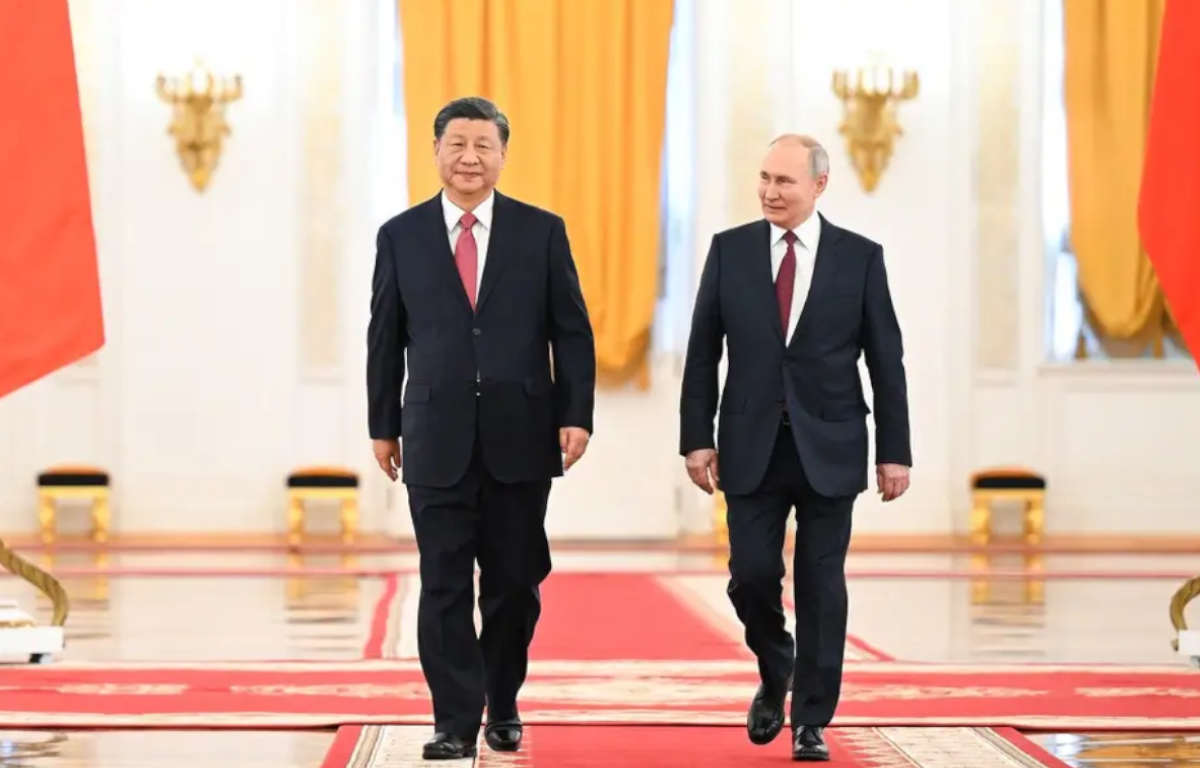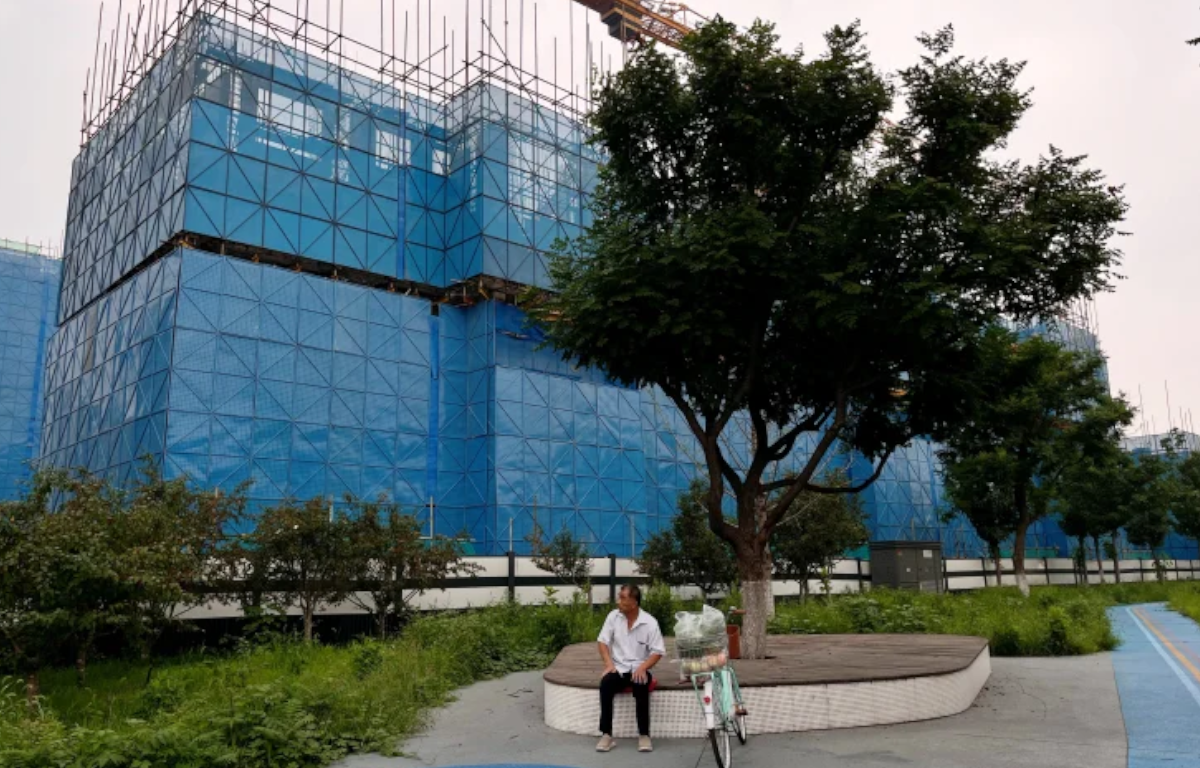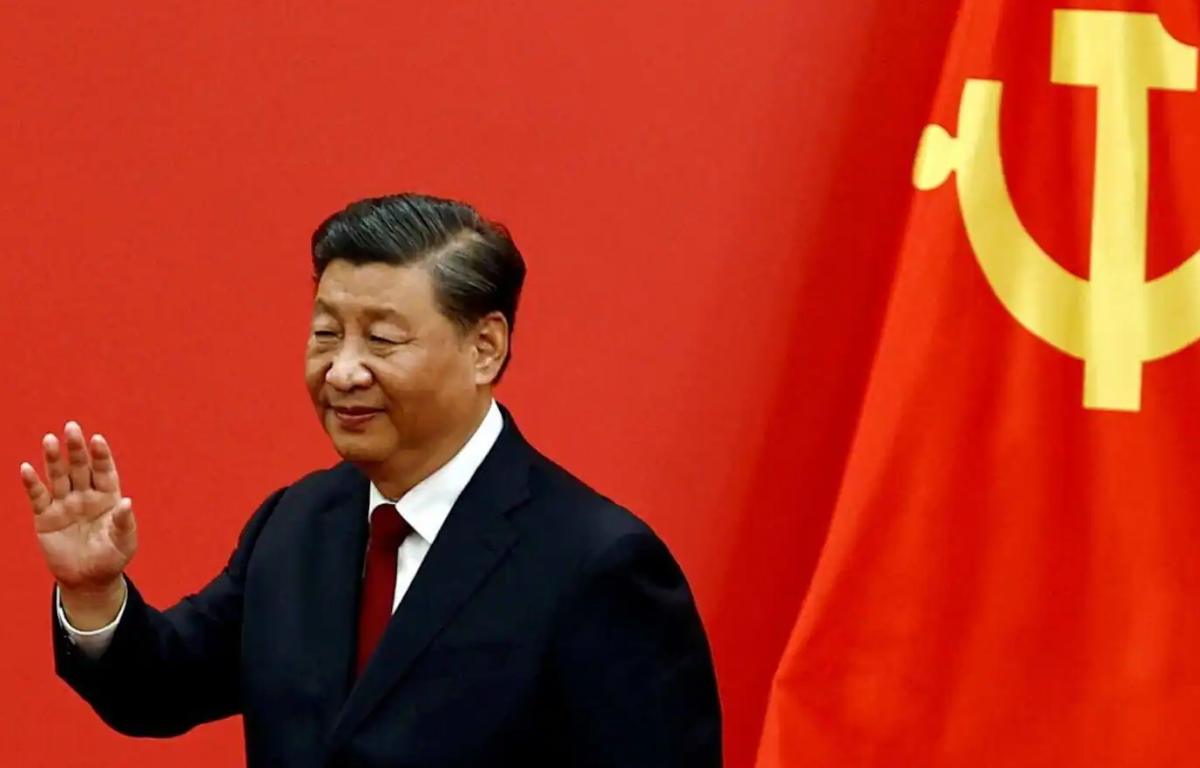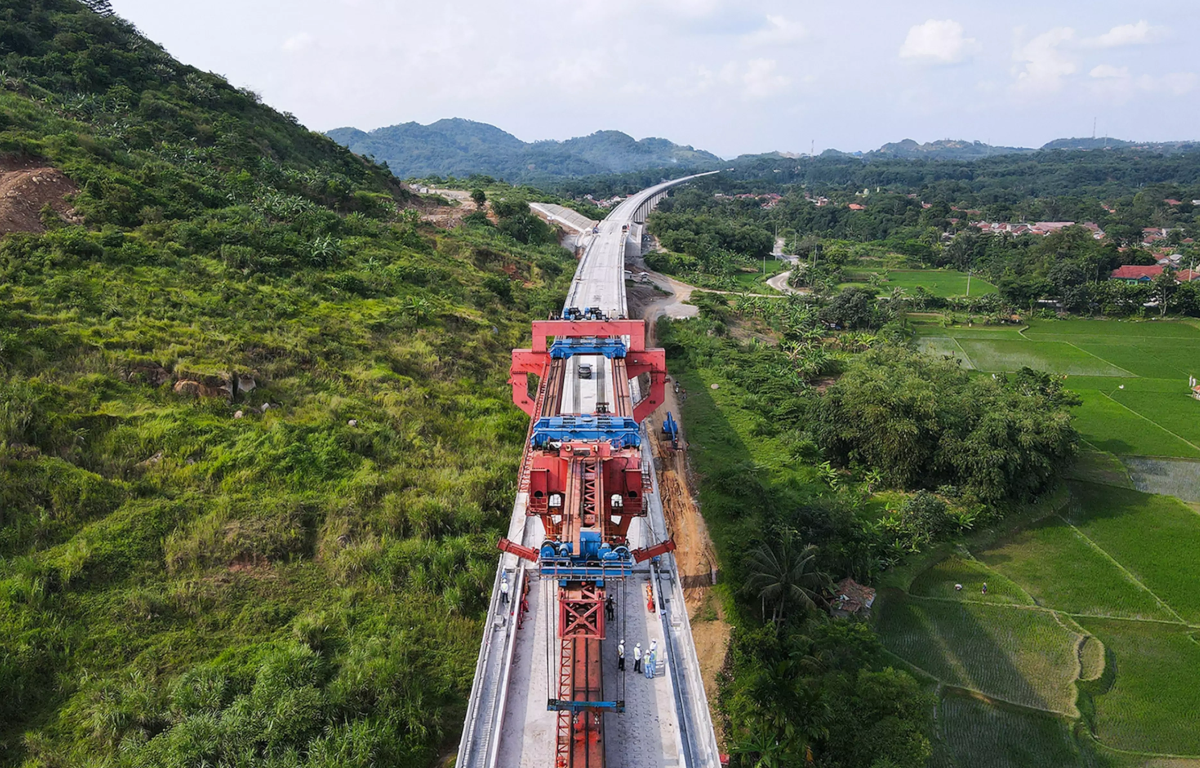
For years, China’s economy has heavily relied on property sales, with the real estate sector contributing a substantial share to the nation’s GDP. This model, while initially effective, carries inherent risks. Excessive dependence on property sales exposes the economy to market fluctuations, property bubbles, and potential crises during market downturns.
The reliance on property sales presents several challenges and risks. First, it leads to unsustainable debt levels as soaring housing prices contribute to increased household debt. Second, it exacerbates wealth inequality, making homeownership unattainable for many and fueling social disparities. Third, overinvestment in real estate hampers diversification and stifles investment in other sectors critical for long-term growth. Lastly, rapid urbanization and property development strain the environment, necessitating a shift towards more sustainable and eco-friendly development.
To mitigate risks and foster sustainable growth, China needs to diversify its economic drivers and reduce its dependence on the property sector. This can be achieved through several alternative avenues. First, prioritizing innovation and technology investments in sectors like AI, clean energy, and biotechnology can drive long-term economic growth. Second, encouraging the growth of the service sector boosts domestic consumption and reduces reliance on property investment. Third, investing in infrastructure development lays the foundation for long-term growth and improved connectivity. Fourth, supporting the development of SMEs fosters entrepreneurship, job creation, and innovation. Lastly, focusing on rural revitalization and agricultural modernization unlocks economic potential and reduces urban-rural disparities.
To successfully transition away from a property-driven growth model, China should consider implementing policy reforms. Stricter property market regulations can curb speculative buying, stabilize housing prices, and prevent property bubbles. Financial sector reforms should focus on strengthening oversight, risk management practices, and developing alternative financing channels. Promoting entrepreneurship and innovation through incentives and streamlined regulations can diversify economic activities. Additionally, enhancing social safety nets, including affordable housing initiatives and improved welfare programs, can address wealth disparities and improve living standards for all citizens.
China’s heavy reliance on property sales as the primary driver of economic growth carries risks and limitations. To achieve sustainable and balanced development, China must reevaluate its growth model and reduce dependence on the property sector. By exploring alternative avenues for growth, fostering innovation, supporting SMEs, and implementing necessary policy reforms, China can build a resilient, inclusive, and environmentally sustainable economy that is less vulnerable to property market fluctuations.










Share this: